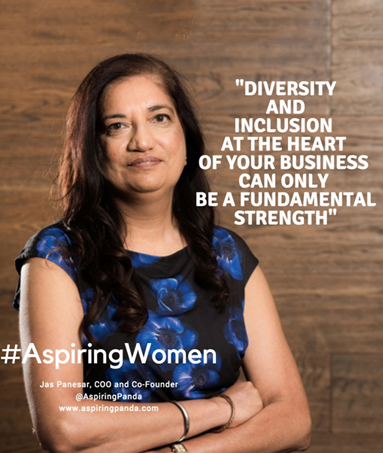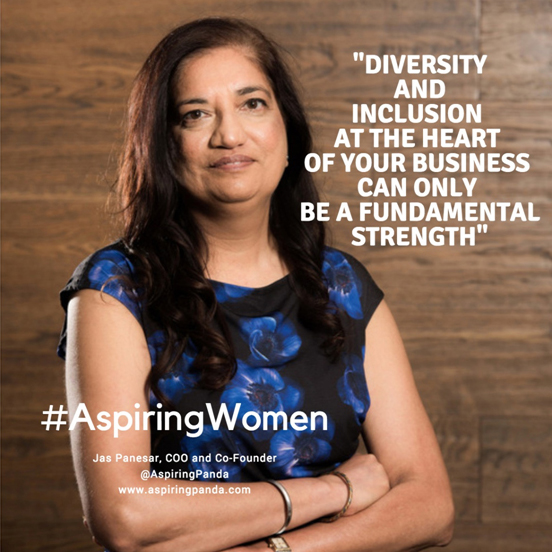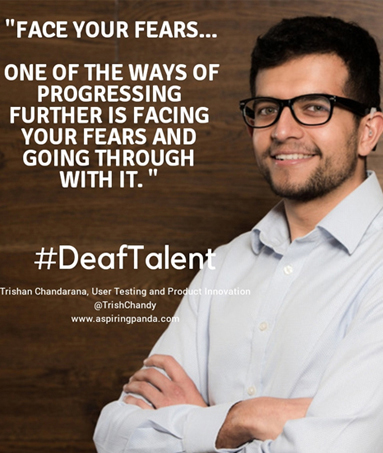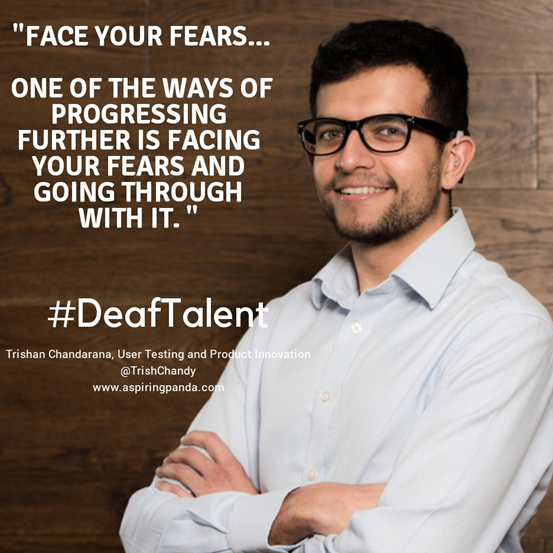
/ Insights / Diversity And Inclusion Advice For Small Businesses
Diversity And Inclusion Advice For Small Businesses

Following the global Black Lives Matter protests, businesses across all sectors have taken to social media in a bid to show solidarity with the movement. No longer concerned with the reputational implications of being ‘too political’, brands including Tetley Tea, Ben & Jerrys and Spotify have all come out in support with the Black Lives Matter movement. Whilst this is a noble show of support from high profile established brands, small businesses, startups and entrepreneurs can also do their part to show solidarity.
SUPPORT BLACK ORGANISATIONS AND SEEK ALLIES
Letitiah Obiri, Founder @ Polkadot Digital
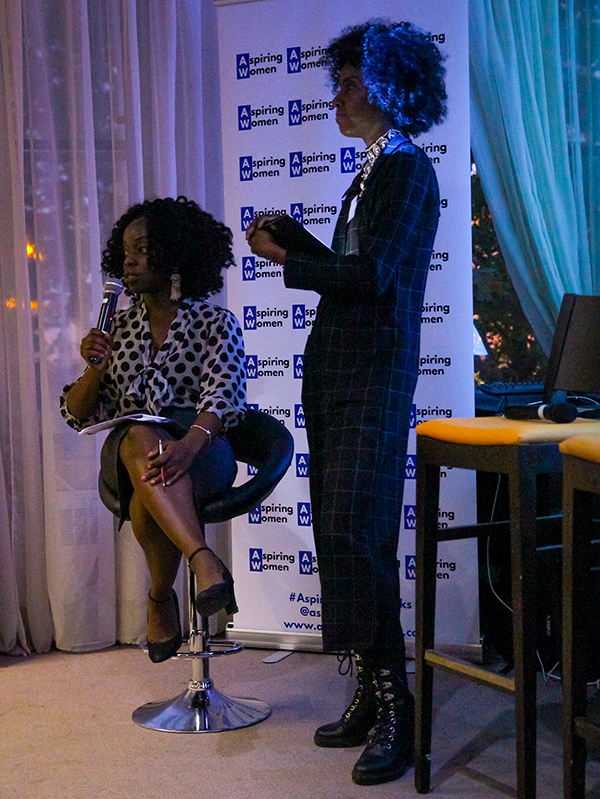
As a black female business owner, I understand the double-edged challenge faced by women of colour trying to succeed in a typically white, male dominated industry. That’s why I have been committed to doing pro-bono work for a select number of aspiring black entrepreneurs who would otherwise struggle to access business support. I’ve also volunteered and partnered with organisations that champion black professionals such as the BYP Network and Founder vine. I am fortunate enough to be surrounded by many white allies who have shown solidarity for the movement and really put their money where their mouth is. An example of this is when a white female founder is asked to speak on a panel, she demands the panel include a balanced mix of female/BAME speakers before she agrees. It may be a small token gesture, but it does go some way to make a difference.
REVIEW YOUR COMPANY CULTURE
Jas Panesar, COO @ Aspiring Panda
For the team at Aspiring Panda, having a diverse workforce enables each employee to bring their unique experiences and skills to the business. Subsequently by nurturing our team and building an inclusive workplace culture, we have organically improved our bottom line just by having that human touch in everything we do. The best way to implement a diversity scheme is to make purposeful and genuine efforts to address the problem and take a top down approach. Management must not dismiss diversity as simply a HR issue; it should run through your business so it naturally filters into the work and company culture.
REFLECT DIVERSITY IN YOUR BRANDING
Laura Sagen, Founder @ The Hair Fuel
Diversity and inclusion in our marketing campaigns comes from really thinking through the creative assets we use to promote our brand. If it’s photography or video footage, does it have a variety of body shapes and skin tones? Our customers aren’t tall white skinny young girls, so neither are the models in our marketing campaigns. When it comes to influencer collaborations, we focus more on engagement metrics and suitability of the message that influencers convey, with that of our brand’s. Unsurprisingly, this results in a balanced representation here too, since engagement metrics don’t care what colour, size or age are you — and neither do we. I’m a mixed-race immigrant female who happens to be a business owner. I can share my lessons with other entrepreneurs who want to cater to all communities. Many companies show solidarity when things go wrong, but how about we think long term, stay inclusive and keep our diverse customers at the hearts of our businesses?
SUPPORT ETHNICITY PAY GAP REPORTING
Matthew Knight, Founder @ Leapers
Within the past few weeks, we’ve been reminded of the inequality and inexcusable discrimination that Black people have to face daily. There’s no reporting or accountability for diversity in race and this leads to poor investment in under-served groups (namely women and minorities), meaning their perspectives are easily ignored – leading to a further echo chamber. Diversity and inclusion falls off the radar entirely as no moral or legal obligations are in place to support freelancers for example, and discrimination along all lines becomes worse, as there is little or no recourse to claim unfair practices as freelancers are not protected. Legally, business owners aren’t obliged to explain their hiring decisions, even if racial bias crept into that decision-making. There’s certainly no obligation to publicly report on diversity hires either, especially when that comes to pay gap reporting. In order to improve workplace diversity and level out the playing field, there must be accurate reporting not just for the gender pay gap but for the ethnicity pay gap too.
SUPPORT SOCIAL ENTERPRISES TO EMPOWER BAME YOUTH
Christina Taylor, Founder @ The Aim Sky High Company
Aim Sky High implements diversity & inclusion in a unique way, through educating young people through the arts and using our organisation to provide opportunities to those who are underprivileged. We are a dance organisation focused on addressing social issues and aiding social mobility for young people by teaching life-long transferable skills such as determination, perseverance, teamwork and leadership. I am committed to using enterprise to regenerate underprivileged communities and support future generations. We have transitioned from a community organisation to business with a social conscience that has shown our community that you can succeed no matter your background and we help children to do the same through opportunities.
DISMANTLE RACISM IN OUR INSTITUTIONS
Kul Mahay, Emotional Intelligence and Leadership @ Ignite Your Inner Potential
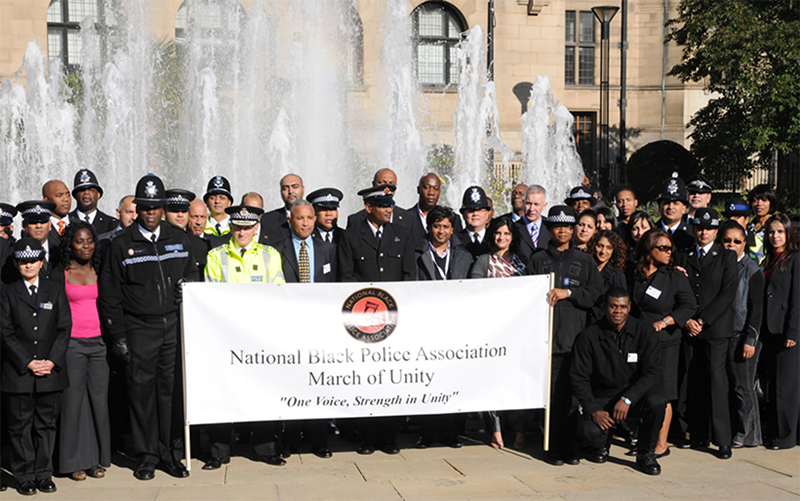
As a founding member of the UK’s Black Police Association, I spent more than 32 years working for Derbyshire Constabulary. As an ethnic minority police officer, I worked with the police trying to bring about understanding and change across the service. My take is that this is not just a police service issue. It transcends across all organisations and institutions and we must do whatever we can to create an inclusive and equal platform for everyone to thrive. In the past, I have worked with high level Government ministers – including Home Secretaries Jack Straw and David Blunkett – and police officers to bring about change. I also advised the police service following the death of teenager Stephen Lawrence in 1993. My current role as an emotional and social intelligence specialist enables me to deliver leadership development and emotional intelligence programmes, working with organisations nationwide to empower cultures and inclusive leadership. My experience has been that there is an appetite within the service to improve – but it needs to be much wider than just the police service.
CREATE INCLUSIVE WORKPLACES
Francesca Baker, Marketing & Communications @ The Lord’s Mayor Appeal
London is one of the most diverse cities in the world, yet many people face significant barriers to getting a job or progressing their careers in the City, because of their background. The Power of Inclusion forum and workshop series breaks down barriers to inclusion by empowering organisations to create inclusive workplace cultures. By sharing learning and best practice to tackle the challenges of diverse representation, it is making a huge impact on the professional culture of the City, creating fully inclusive workplaces and equal opportunities for all. We believe that it is only by addressing structural issues such as recruitment bias, offering internal support, allowing peer networks to develop, and providing a safe space for discussion, can we create more inclusive workplaces. That’s why we explore how to develop inclusive cultures, and support organisations to address potential biases, so that they can consider diverse topics such as recruitment, inclusive workplace cultures, diversity in leadership, sponsorship and networks, and measuring impact.

Letitiah Obiri is a content marketer and copywriter with experience at leading digital marketing agencies including Brooklyn Brothers and Havas. Letitiah has worked with some of the UK’s biggest brands including John Lewis, Tesco, Reuters and Virgin Trains. As a qualified journalist, she has also been featured in The Guardian, The Telegraph and Business Zone writing frequently about ecommerce, small business and social media. As an active public speaker, Letitiah often shares advice on promoting diversity and inclusion in the workplace and is a staunch supporter of social enterprises including Hatch and Foundervine as well as charities like Lend With Care and The Prince’s Trust.
/ Related Content


